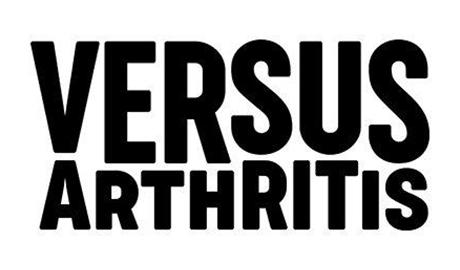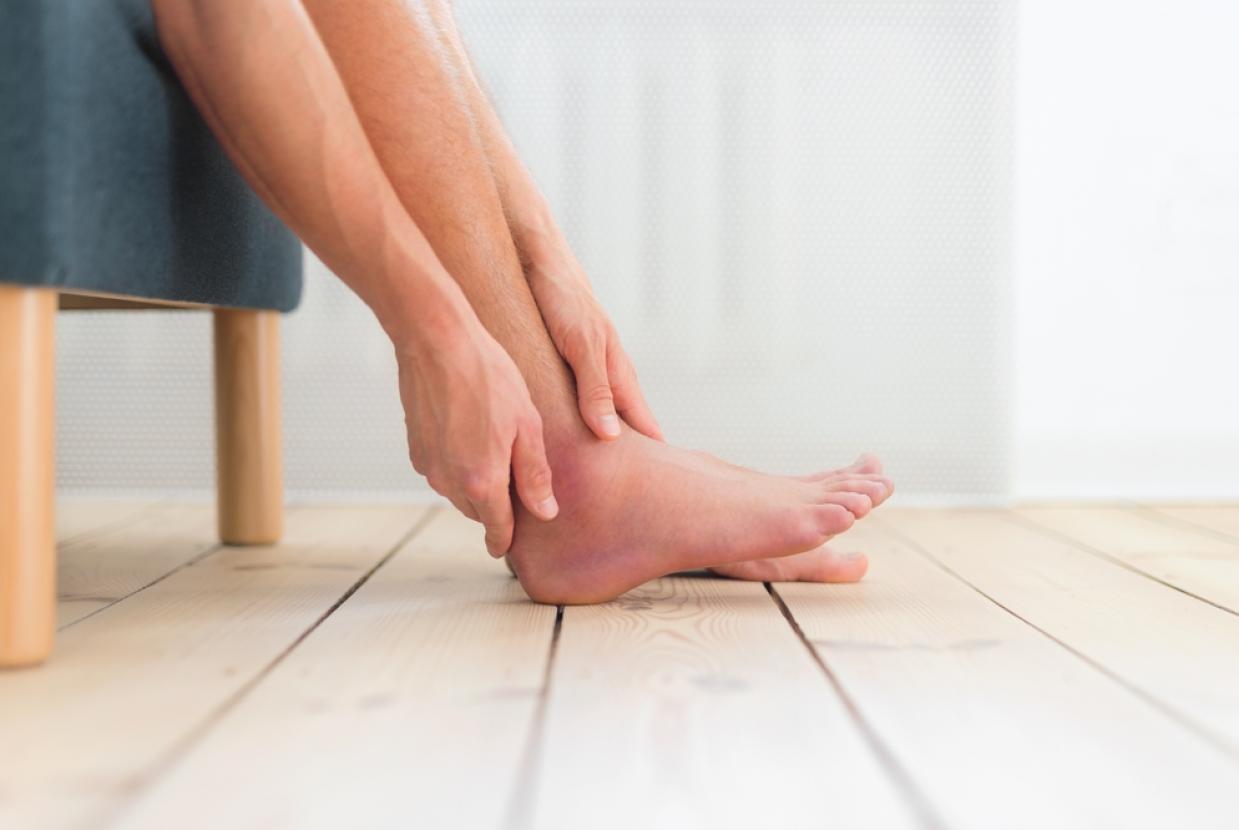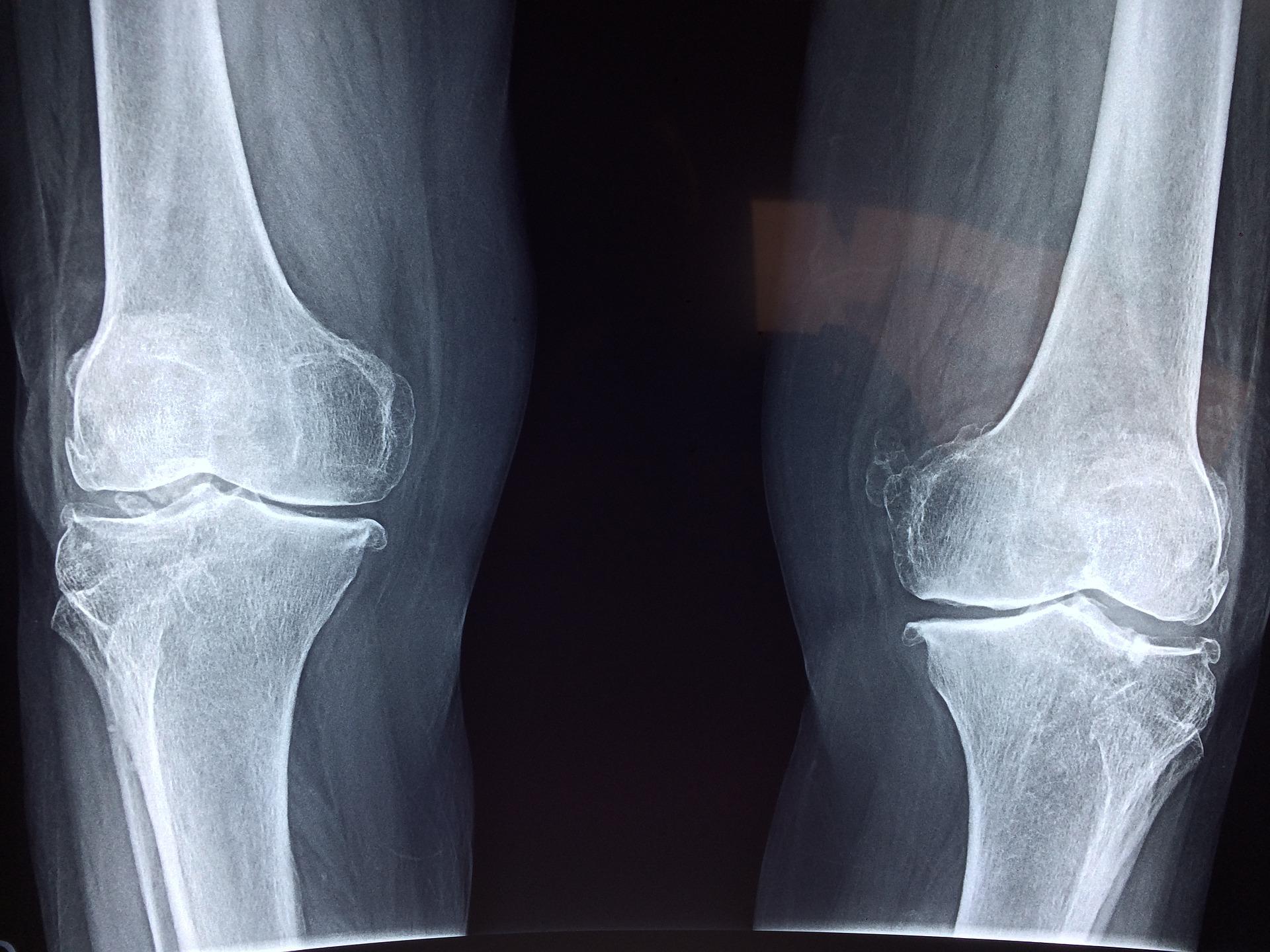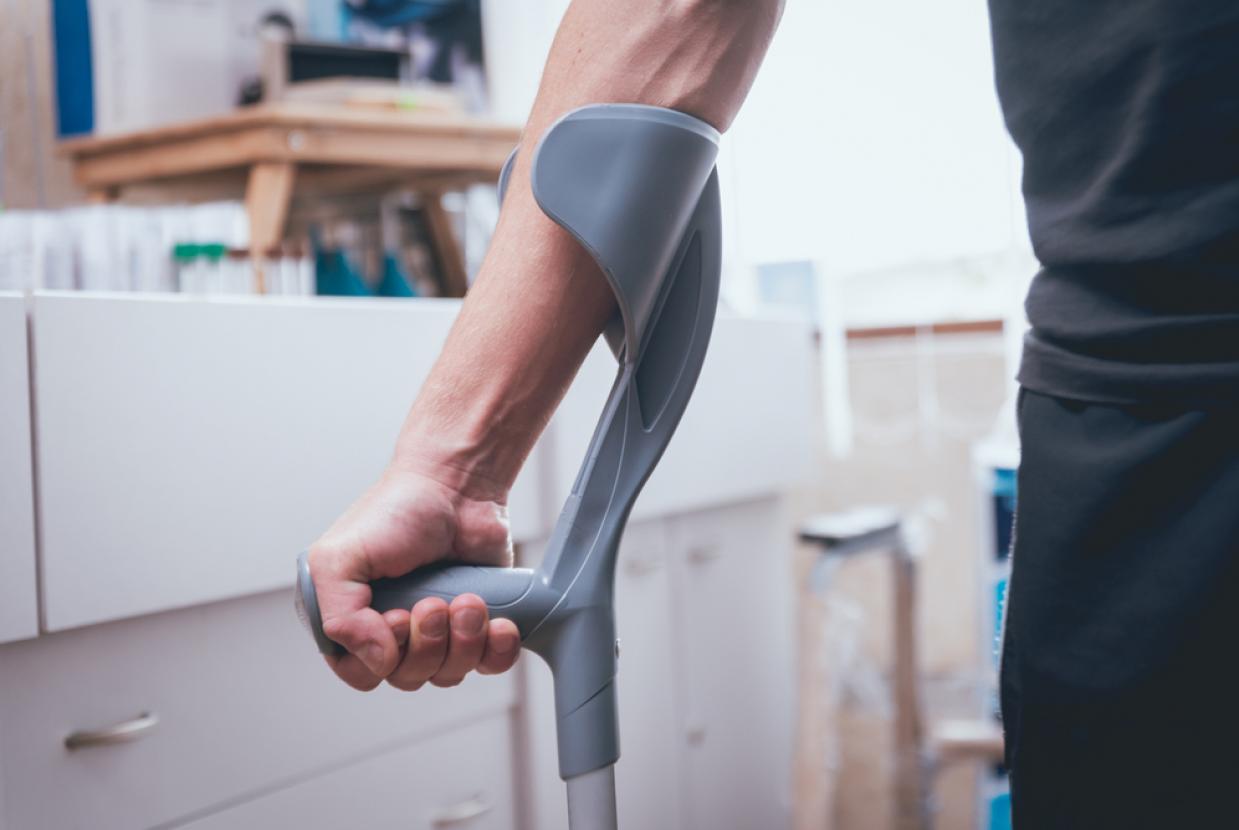Living With Arthritis: Managing Fatigue
Arthritis/Back Pain/Joint PainFatigue is an extreme, sometimes overwhelming, physical and mental tiredness, that doesn’t significantly improve with rest or sleep. It’s a common problem associated with arthritis and can make other symptoms, such as pain and joint stiffness feel more severe and limiting.
It can affect your motivation and your ability to concentrate, this is sometimes described as having brain fog. Some people find it affects their emotional wellbeing making them feel irritable or depressed.
People with fatigue often say it’s similar to having the flu, with symptoms such as:
- their body and limbs feeling heavy and difficult to move
- exhaustion
- feeling their energy has drained away.
Fatigue is unpredictable. It can start suddenly at any time of the day. Some days you may feel exhausted from the moment you wake up, even if you think you slept well.
People with fatigue often feel they have to miss out on things they enjoy doing, to save energy for jobs or tasks. However, missing out on the things that lift your mood can make fatigue worse.
Fatigue is more extreme than simple tiredness. However, there are ways you can manage it and reduce its impact on your life.
What causes fatigue?
Fatigue is your body’s reaction to a build-up of stressful events, experiences, health issues or feelings. Usually there isn’t a single reason for fatigue, it tends to be caused by a combination of factors.
The causes can be different for everyone. It could be the result of:
- inflammation, which can cause swelling, redness, heat and pain as the body tries to heal an infection or injury by sending more blood and fluid to the area
- anaemia, where a lack of red blood cells, which deliver oxygen around your body, can lead to weaker muscles and lower energy levels. It can be caused by iron deficiency. Anaemia can be linked to conditions such as rheumatoid arthritis, lupus and ankylosing spondylitis. It can be a side effect of some arthritis treatments.
- some treatments, such as some drugs to stop seizures, anti-depressants and anxiety medications, opioid-based painkillers, some muscle relaxants, antibiotics, and long-term use of oral steroids. Drug treatments can affect people in different ways, talk to your doctor or pharmacist if you have any concerns.
- long-term conditions, such as inflammatory arthritis or autoimmune conditions
- pain
- muscle weakness caused by pain and inactivity
- overdoing it with boom and bust behaviour. This is when you carry on with your tasks, ignoring your pain or tiredness, until you physically and mentally cannot continue.
- poor quality sleep
- stress and anxiety
- missing meals, poor diet or not drinking enough water and other healthy non-alcoholic drinks means your body has less energy to rely on.
Fatigue and arthritis
Arthritis is commonly associated with pain and stiffness. It can affect your general health, sleep, weight, emotional wellbeing and the amount of activity you feel able to do.
Fatigue can be linked to many types of arthritis and related conditions. It’s commonly a symptom of autoimmune conditions, such as rheumatoid arthritis, reactive arthritis and lupus. In autoimmune conditions the immune system mistakenly attacks the body’s own healthy tissues. People with osteoarthritis have also reported having fatigue.
Talking to your doctor about fatigue
There are several things that can reduce the impact of fatigue. Firstly, it helps if you can work out what could be causing it.
There aren’t any specific tests for fatigue. However, you can help your doctor’s diagnosis by writing down how you feel, what could be causing it and how it’s affecting your life. They may also be able to provide you with a self-assessment questionnaire to fill out.
Depending on your symptoms your doctor may recommend you have blood tests to check your fatigue hasn’t been caused by another condition. If it has been, treating this condition may improve your fatigue.
How can I help myself?
There are a number of things you can do to help manage your fatigue. Planning your time wisely to spread your energy over the course of a day or week can help. It’s also important to factor some gentle exercise into your day and to have a healthy diet.
There’s a strong link between getting enough good quality sleep and fatigue. And there are several positive steps you can take to improve your chances of sleeping well.
Stress and worry can make your fatigue feel worse, so it’s a good idea to spot anything that is causing you stress and try to deal with them in good time.
The four Ps
The four Ps are problem solving, planning, prioritising and pacing. The aim is to think of the four Ps at the beginning of each day or week to help you manage your energy levels. It can take a while to master this way of thinking, but it’s worth being patient with it because it can make a difference.
Problem solving:
It’s easier to manage your energy if you can work out what problems might be adding to your fatigue and thinking of ways around them. Often small changes can alter the amount of energy you use and the way you feel about yourself.
Planning:
Try to plan the things you want to achieve in your day or week. If you have a big job that will need a lot of energy, try breaking it into achievable tasks that can be spread through your day or week. Plan to do bigger tasks at a time of the day when you tend to have more energy. Plan lighter activities and rest breaks around them.
Prioritising:
While you’re planning your day or week put your activities into an order of importance. Ask yourself:
- Does this need to be done today?
- Does it need to be done at all?
- Do I have to do it, or can I ask someone else?
- Can I get someone to help me with parts of the task?
Pacing:
Pacing is about not using up all your energy in one go. We’ve already talked about breaking activities into smaller tasks, particularly ones that you’ll need a lot of energy for. You could then spread out these pieces of activity over the course of a day, a week or longer.
Increase your physical activity
Adding some gentle exercises to your day can increase the amount of energy you have. Staying active increases your fitness levels and strengthens your muscles. Weak muscles use more energy, so doing too little can be as damaging as doing too much.
Exercise also increases your circulation and improves the health of vital organs, such as your heart and lungs, which can also give you more energy.
Get a good night’s sleep
It’s important to try to get a good night’s rest because poor sleep patterns can cause fatigue or make it worse.
If you’re having trouble sleeping, or you regularly wake up feeling unrefreshed, it would probably help to look at ways you might be able to sleep better. Healthcare professionals talk about a principle called sleep hygiene, which covers things you can do to improve your chances of getting a good night’s sleep.
Talk about how you’re feeling
Fatigue can make you feel low or depressed. Talking about how you feel can really help. Don’t keep your feelings to yourself. Try to talk to a member of your healthcare team, members of a support group, your family or friends.
There are things that can help if you’re feeling low. Your healthcare team may recommend a talking therapy, such as cognitive behaviour therapy – also known as CBT. You can do it as one-to-one or group sessions.
Joining a support group for people living with similar conditions can help you talk openly about your problems with people in similar situations. They may also be able to share tips on how to get around some of your problems.
Alternatively, you may benefit from a short course of medication, such as anti-depressants. Some of these treatments can improve your pain and sleep, as well as your mood.
Stress and anxiety
Increased stress and anxiety can cause fatigue. And fatigue can lead to increased feelings of stress and anxiety. If there’s something you’re worried may become too overwhelming or stressful it’s best to try to tackle it sooner, rather than later. Try to deal with it as positively as possible.
Think how you can change the situation without it making you too anxious. Is there someone you could turn to for help, support and advice?
Join a support group
Talking about your condition to like-minded people can help a lot. Your healthcare team may be able to tell you about groups for people with conditions like yours. There may be groups in your area that specialise in helping people with fatigue or conditions that cause fatigue.
Helping people around you understand fatigue
Fatigue is a major symptom of many conditions, such as arthritis – often it’s as much of a problem as pain and inflammation. But it’s an invisible symptom and a lot of people avoid talking about it because they think their family, friends and colleagues won’t understand.
It can be stressful if you think people around you don’t understand how you’re feeling. Even when you explain, some people may struggle to realise how fatigue affects you and that it stops you doing certain activities. This can be frustrating and tiring and can put a big strain on your relationships. Getting help, support and understanding from the people around you can make a huge difference. Good communication and explaining clearly and calmly how fatigue affects you is important to help others understand.
At work
If you feel fatigue stops you doing your job properly there may be things you can change that would make work easier.
Travelling to and from work can add to your levels of fatigue. Is there anything you could do to make it less tiring? Could you work from home for at least some of the week, or start your shift at a different time on some days? Is there another way you could get to work that is less strenuous? Could you car-share with someone you work with?
An occupational therapist can advise you on ways around your fatigue. They can help you work out realistic goals through occupational therapy. They can also suggest ways to save energy and keep your stress levels down. They may be able to recommend aids or adaptations that would help you do your job.
Talking to your employer about your fatigue and explaining how it affects your work could help. If there are jobs you’re struggling with, your line manager may be able to help you come up with a solution. You shouldn’t be worried about talking to your employer about your fatigue. You have rights that are protected under employment law.


































































